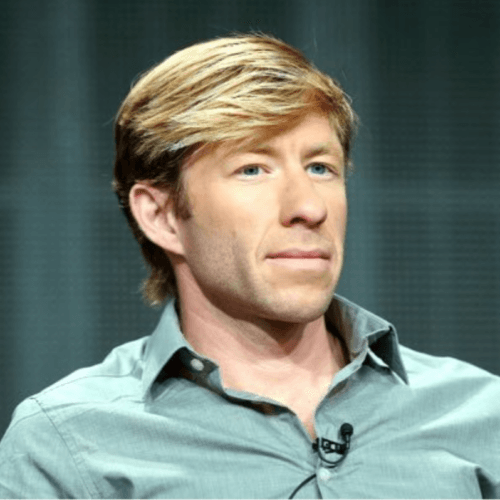This audio clip is from our “Ask Me Anything” with sleep expert, Matthew Walker (Part I of III), originally released on June 17, 2019. In this clip, Peter and Matthew Walker discuss the impact sleep deprivation can have on your stress levels, and how stress can also impact your sleep.
If you’re a member, you can now listen to this full episode on your private RSS feed or on our website. If you are not a member, learn more about the how to become a member and the benefits here.

Show Notes
Anxiety, cortisol, and weight gain: An awful feedback loop of sleep deprivation [19:30]
Cortisol and weight gain
- Peter says cortisol also plays a role in weight gain
- It is a very anabolic hormone to adipose tissue and a very catabolic hormone to muscle tissue
- It also affects the liver and glycogen stores via hepatic glucose output ⇒ It’s raising glucose, which in turn is raising insulin, which is now acting alongside cortisol
Chronic undersleeping
- Chronic undersleeping (most Americans) leads to hypercortisolemia
- That is then causing a cascade of biology that is nonoptimal
⇒ Example, more cortisol means more anxiety
- More anxiety means less sleep
- Less sleep means more cortisol (and more anxiety)
- An awful feedback loop
Evolutionary reason for this?
- The animal is sleep deprived, which is an evolutionary trigger that there’s a reason you’re sleep deprived, therefore you will need more cortisol
“We’ve imposed sort of the mental Saber-Tooth Tiger, which is called society-triggered anxiety.”
For more on cortisol, and the role of cortisol in the subacute level of stress, see Peter’s interview of Robert Sapolsky

Matthew Walker Ph.D.
Dr. Walker earned his degree in neuroscience from Nottingham University, UK, and his PhD in neurophysiology from the Medical Research Council, London, UK. He subsequently became a Professor of Psychiatry at Harvard Medical School, USA. Currently, he is Professor of Neuroscience and Psychology at the University of California, Berkeley, USA. He is also the founder and director of the Center for Human Sleep Science.
Dr. Walker’s research examines the impact of sleep on human health and disease. He has received numerous funding awards from the National Science Foundation and the National Institutes of Health, and is a Kavli Fellow of the National Academy of Sciences.
Dr. Walker is the author of the International Bestseller, Why We Sleep. It has a singular goal: to reunite humanity with sleep.
In addition, Dr. Walker is an internationally recognized speaker, a successful entrepreneur, and a Sleep Scientist for Google.
[sleepdiplomat.com]
Twitter: @sleepdiplomat
Center for Human Sleep Science: https://www.humansleepscience.com/
Matthew’s publications: https://www.humansleepscience.com/p-u-b-l-i-c-a-t-i-o-n-s



